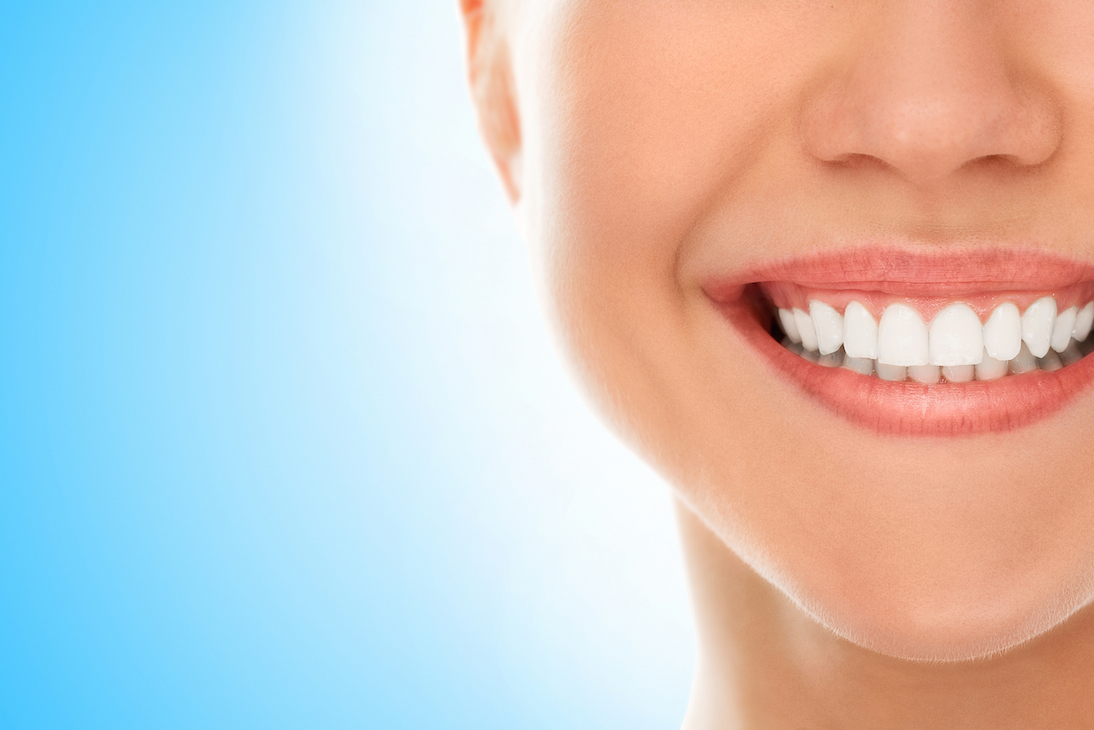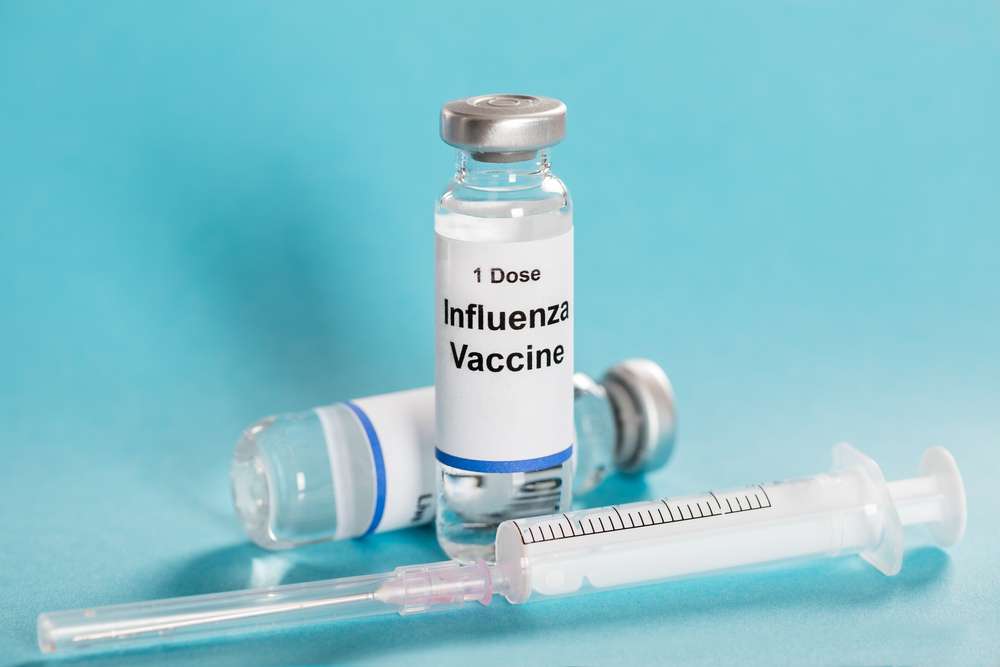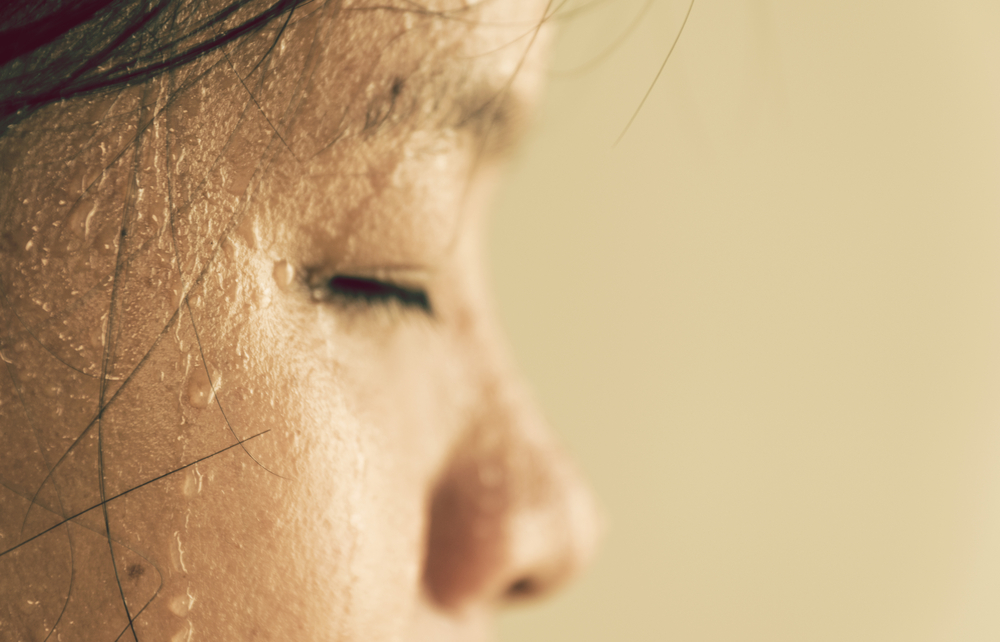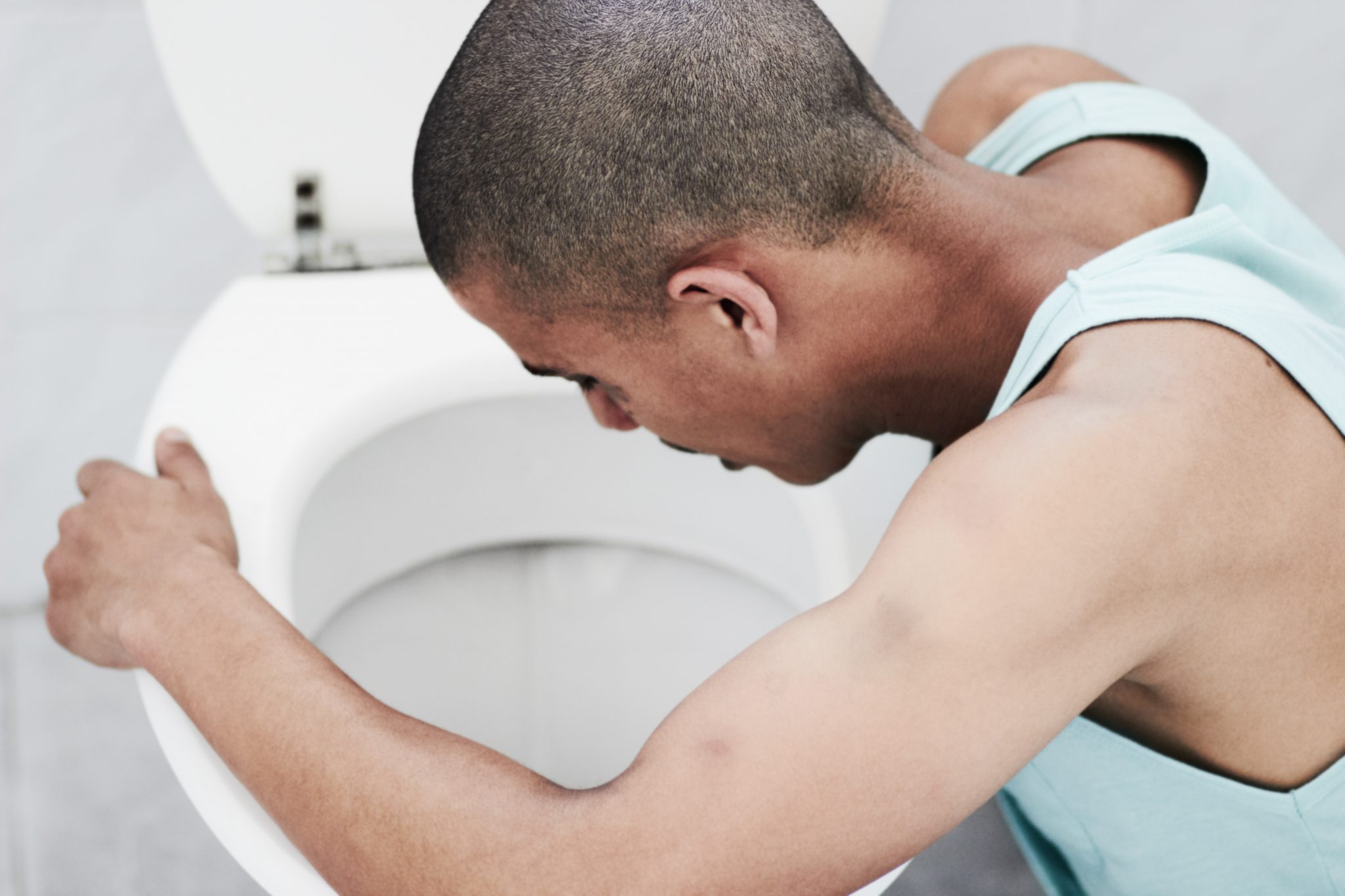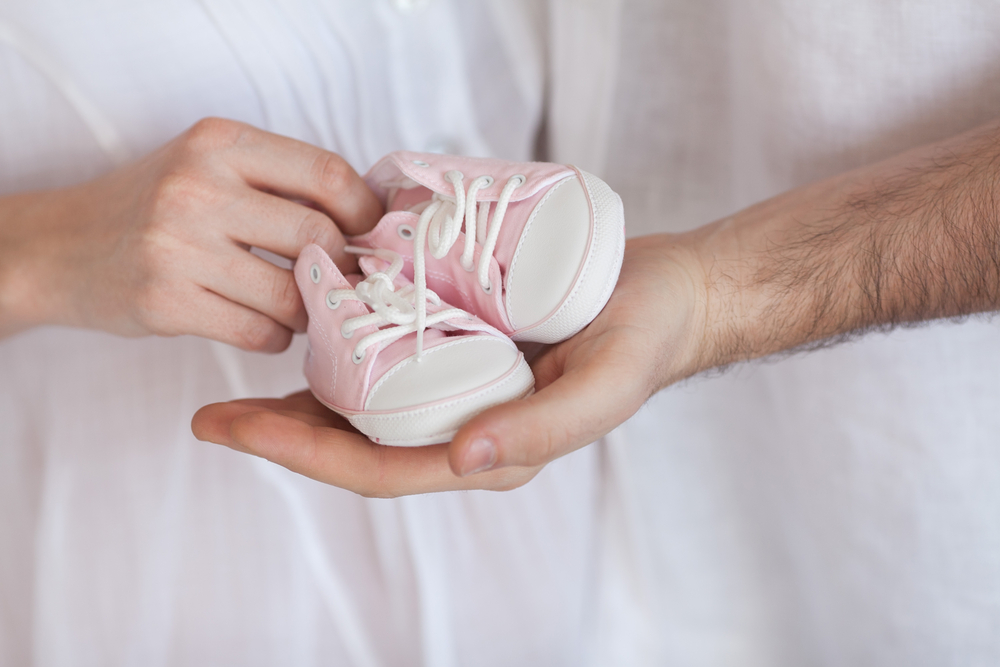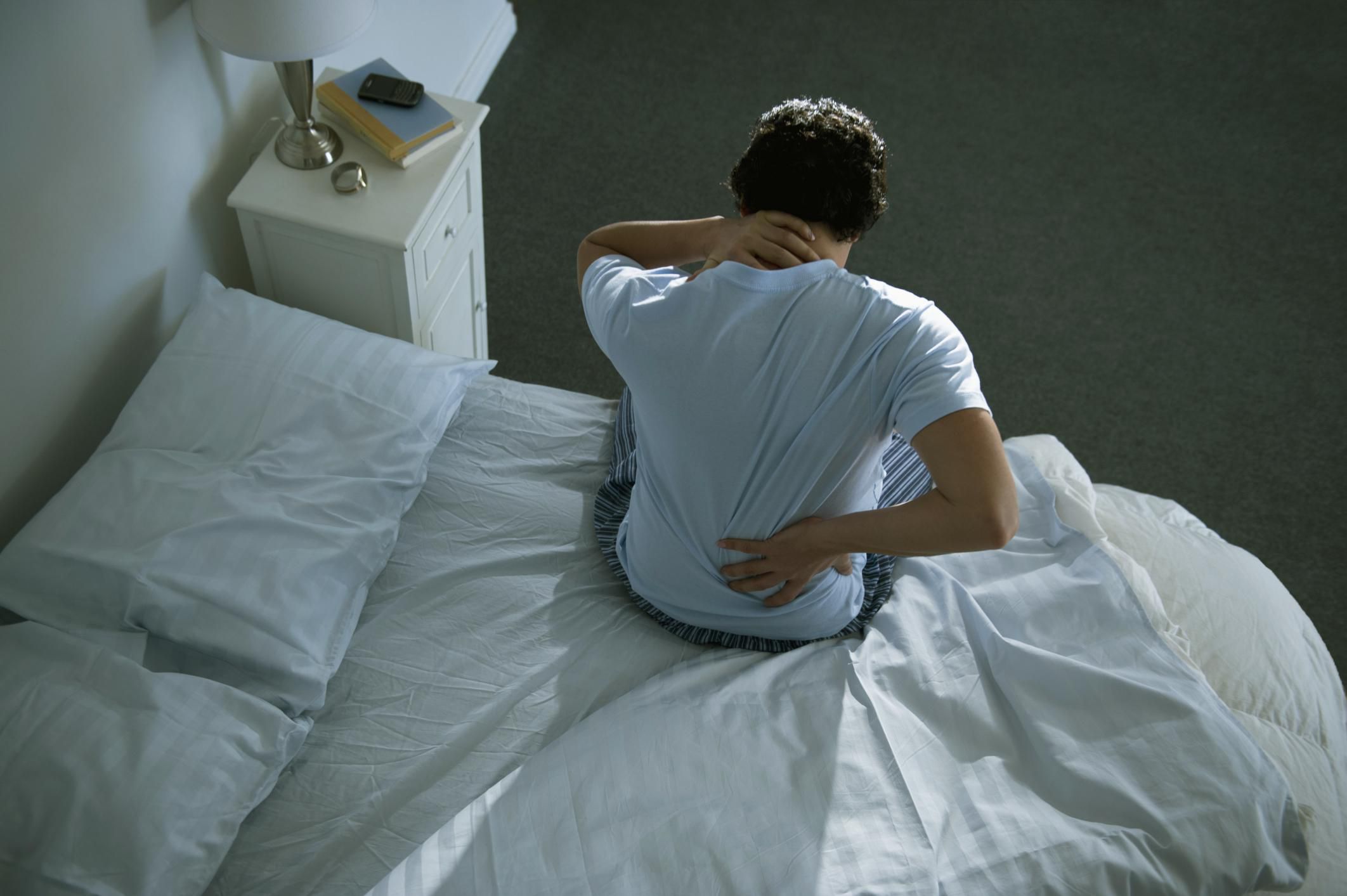Contents:
- Medical Video: 8 Serious Diseases Signaled by Our Skin
- What is Steven-Johnson syndrome?
- What are the signs and symptoms of Steven-Johnson syndrome?
- Anythingthe cause of the emergence of Steven-Johnson syndrome?
- What complications might occur due to Steven-Johnson syndrome?
- How to treat Stevens-Johnson syndrome?
- How do you prevent Steven-Johnson syndrome?
Medical Video: 8 Serious Diseases Signaled by Our Skin
Steven-Johnson syndrome (SJS) is a disease that is quite rare in Indonesia, but is a serious condition. This disease causes the sufferer's skin to itch, blister, even to peel off the effectsfrom overreacting to certain drugs and infections.
People affected by Stevens-Johnson Syndrome must be rushed to the hospital to get treatment, while the recovery period can take weeks. Even if the symptoms are very severe, this disease can lead to death. Read on to learn more about Steven-Johnson syndrome.
What is Steven-Johnson syndrome?
Stevens-Johnson syndrome is a rare syndrome (symptom collection) that occurs because the skin and mucous membranes cause excessive reactions to a drug or infection. Mucous membranes are the inner layers of the skin that line various body cavities that have contact with the external environment and internal organs of the body. In some parts of the body, mucous membranes combine with the skin, for example in the nostrils, lips, inner cheeks, ears, pubic area, and anus.
What are the signs and symptoms of Steven-Johnson syndrome?
This syndrome begins with flu-like symptoms such as fever, cough, hot eyes, and sore throat. But after a few days it will be followed by a red or purplish rash on the skin that is painful and spreads or even blisters, joint pain, to swelling of the face and tongue. In various cases, the cells in the outer layer of skin will die so that the skin begins to peel.
Anythingthe cause of the emergence of Steven-Johnson syndrome?
This rare syndrome is generally triggered by the use of drugs. There are several types of drugs that most often trigger Steven-Johnson syndrome, including the following:
- Anti-gout drugs, for example allopurinol
- Non-steroidal anti-inflammatory drugs (NSAIDs) are widely used to relieve pain, such as mefenamic acid, ibuprofen, salicylic acid, piroxicam
- Antibiotics, especially Penicillin
- Seizure medications, usually used by people with epilepsy.
However, the symptoms of Steven-Johnson in some people can also be triggered by infection with certain viruses or germs, including the following.
- Herpes (herpes simplex or herpes zoster)
- Influenza
- HIV
- Diphtheria
- Typhoid
- Hepatitis A
- Pneumonia
In certain cases, Stevens-Johnson Syndrome can also be triggered by physical stimuli such as radiotherapy and ultraviolet light. But sometimes, the exact cause is not always certain so that it is difficult to prevent.
What complications might occur due to Steven-Johnson syndrome?
Some complications that will arise due to Steven-Johnson syndrome, namely:
- Secondary skin infections (cellulitis). Cellulitis can cause life-threatening complications, including sepsis.
- Blood infection (sepsis). Sepsis occurs when bacteria from an infection enter your bloodstream and spread throughout your body. Sepsis is a rapidly developing and life-threatening condition that can cause failure of perfusion and organs.
- Eye problems. A rash caused by Stevens-Johnson syndrome can also cause inflammation in your eyes. In mild cases, this syndrome can cause irritation and dry eyes. In severe cases, it can cause extensive tissue damage and scar tissue that causes vision problems and even blindness.
- Lung involvement. This condition can cause acute respiratory failure.
- Permanent skin damage. When your skin grows back, maybe your skin won't be 100 percent back like all. Generally there are lumps, color abnormalities, and are very likely to cause scars. Apart from skin problems, this syndrome will also cause your hair to fall out, and your fingernails and toenails may not grow normally.
How to treat Stevens-Johnson syndrome?
The first aid for dealing with drug allergies at Stevens-Johnson syndrome is to stop taking drugs that trigger allergies. Furthermore, patients with Steve Johnson syndrome must be taken to the hospital to get intensive care.
Some medications that are usually given by doctors to deal with Steven-Johnson syndrome are giving antihistamines to relieve symptoms, or corticosteroids to control inflammation that occurs if the symptoms are severe enough.
In addition, support therapy provided at the hospital includes rehydration or replacement of lost body fluids using an IV. If a wound occurs, the layer of dead skin must be cleaned, then the wound is covered with a bandage to prevent infection.
How do you prevent Steven-Johnson syndrome?
There are several steps you can take to prevent this rare syndrome, namely:
- Generally for Asians, genetic testing is recommended before consuming certain drugs such as carbamzepine.
- Consult a doctor if you do have a history of this disease.
- Avoid taking drugs that can trigger recurrence if you have previously experienced Steven-Johnson syndrome.

